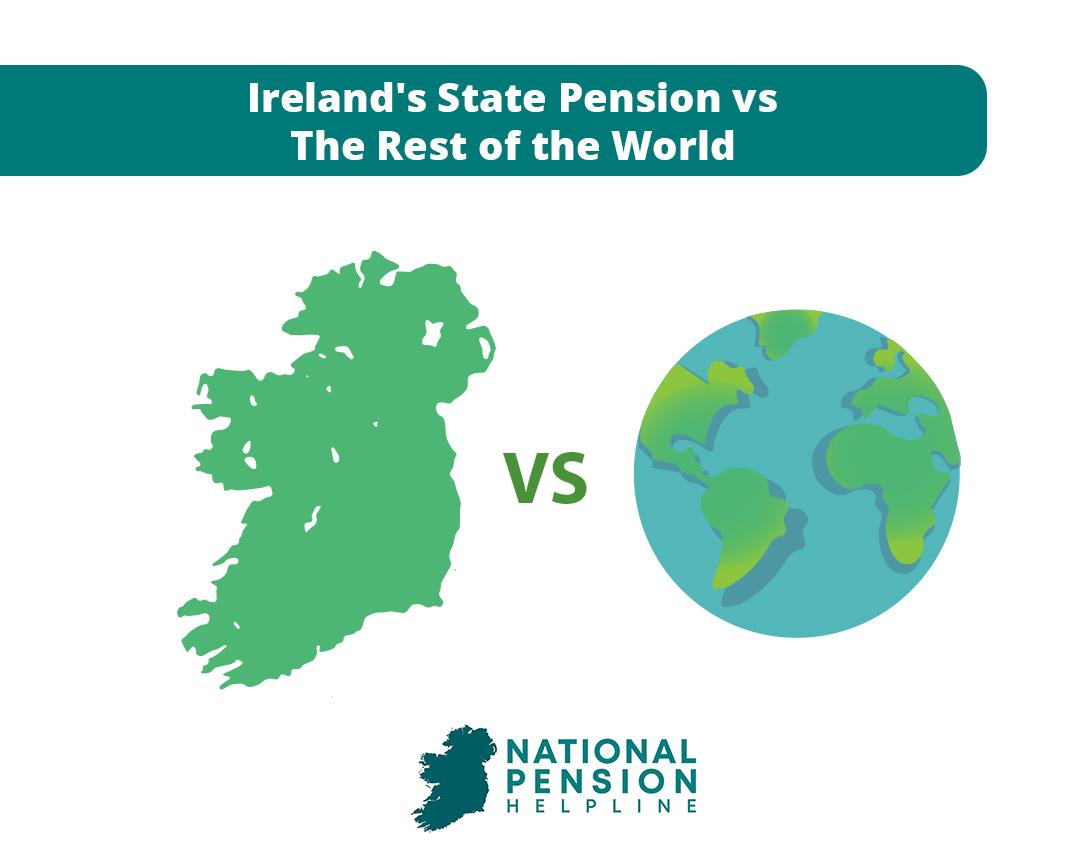How does an Irish state pension compare to the rest of the world?
This is not a straightforward question to answer as pension payments in terms of cash transfer payments are easy to compare but tell us little about the purchasing power of those payments.
Table of Content
Finances in Retirement
Having to pay for housing in older age and in retirement can be financially demanding and can diminish the value of a pension payment.The value of cash transfers exclude the financial implications of, for example, housing or healthcare provision in the country.
If you are older and have an illness or disability, the provision of healthcare and care can affect your finances. If you have to pay privately for medical care or medicines or purchase personal care, this will also erode the value of a pension payment.
Other available payments in that country such as energy payments or fuel payments to alleviate the risk of fuel poverty in older people are also excluded from pension amounts.
Another factor that affects the income of those in retirement is the tax treatment of pensions in the country in which they live or pay taxes.
However, here is some information about pension payments in various countries in the EU and further afield.
Gender Disparity in pension rates
AS the figures suggest, there is wide disparity between pension rates from country to country, even within the EU. Hidden also in the pension figures is the issue of gender, with womens’ pensions affected by time spent outside of the paid workforce due to time spent caring for children or family members.
In general, women accrue far less pension entitlements than men, although pension arrangements in some countries allow pension recipients to claim an additional payment for their spouse. In Ireland, pension recipients can claim an additional payment for their spouse as a ‘qualified adult’.
Older Populations and the Future of State Pensions
As people live longer, there are moves across the EU to increase the retirement age and to encourage workers to work for longer in their lives in order to be paid a higher pension payment when they retire. Ireland’s pension rules have changed to allow workers to remain at work until the age of 70 and receive a higher pension. These changes came into effect on 1st January 2024.
It has been estimated that a pension is the main source of income for almost ¼ of the population of the EU27 countries. Aging populations with less younger workers to contribute to the national pension fund will also mean that the availability of a state pension may not be guaranteed in the same way as it is currently into the future.


